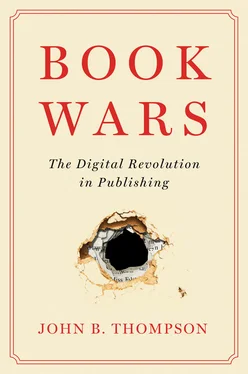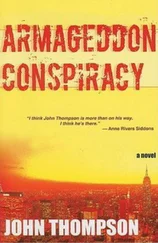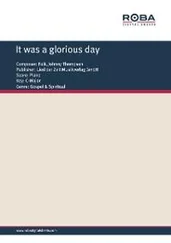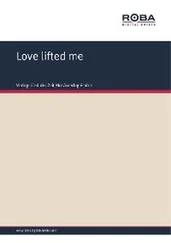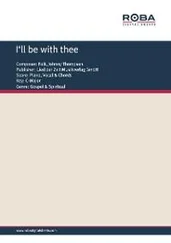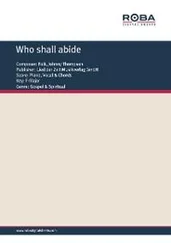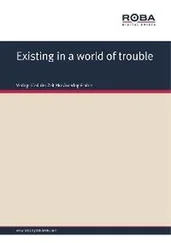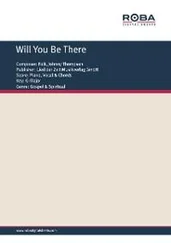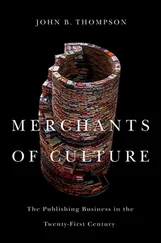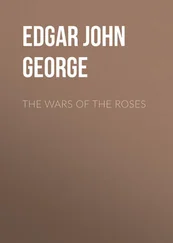To say that the form factor for non-linear texts is nowhere near as good as it is for linear texts is not to say that it never will be as good. Someday it might be – indeed, it might be already with some devices and some forms of content. For example, using a custom-built app developed for the iPad can be an exemplary user experience for certain kinds of content. The app format allows for a navigation experience that is non-linear in character: you can dip in and move around using a customized user interface. It also allows for high-resolution colour illustrations, high-quality sound and a much higher level of interactivity – it can be an altogether different kind of user experience from the reading of straight linear text. But creating content of this kind involves challenges and problems of its own and it is by no means clear at this stage whether, and to what extent, it is a viable undertaking. These are issues to which we shall return in the next chapter.
Another factor that is important for explaining the different levels of ebook uptake is what I’ll call the ‘possession value’ of the content. What I mean by this is that some books are the kinds of books that a reader wants to have in order to consume the content, and once the content has been consumed the book itself is redundant: the reader has no particular desire to hold on to the book for the sake of it. Jane, a senior trade publisher, described this as ‘disposable fiction’ – the kind of book that ‘you don’t need to put on your shelf’. On the other hand, there are some books that readers want to own, keep, put on their shelf, return to at a later date, perhaps even display in their living room as a signifier, a symbolic token of who they are and the kinds of books they like and value (or would like others to think that they like and value). These books have a much higher possession value for the reader. For books with a low possession value, the ebook is ideal: once the content has been consumed, the ebook can be deleted – or simply kept in a digital collection where it takes up no physical space, only a small amount of memory. For books with a high possession value, however, the printed book is much more attractive. Printed books have a kind of permanence that digital files lack: file formats and reading devices change with time, but a printed book can be read again at a future date regardless of whether technologies change; printed books can be shared, lent or given to others without restrictions; they can be displayed on a table or a shelf for others to see and pick up and admire; and they have a set of aesthetic traits – a beautiful cover, a well-designed interior, a sensuous materiality – that constitute the printed book as something more than simply a conveyor of content, that constitute it as an aesthetic object that is valued both for its content and for the material form in which that content is conveyed. ‘So the real question is going to be: which books do you need to own and which ones can you simply delete ’, continued Jane; ‘and the real trick is going to be figuring out the distinction between the disposable books and the ones you want to keep on your shelf.’ Each reader will figure this out in his or her own way depending on a variety of factors that will affect individuals in different ways, from the extent to which they value certain books as signifiers to the amount of shelf space they have in their office, study or home.
Technology is also an important factor in explaining the different levels of ebook uptake. The categories of books that have high e/p ratios are categories where it is easy and relatively cheap to produce digital files for different devices and upload them into the relevant vendor systems. Older backlist titles can be converted relatively easily and cheaply by sending a hard copy to a third party who will scan the text and turn it into an XML file using OCR (Optical Character Recognition) software – the whole process would cost under $200 for a book of 300 pages or less. In the case of new titles, most publishing houses now have a digital workflow that generates multiple file formats as standard outputs of the production process: ebooks are just another set of files that are stored alongside the PDFs and other files that are held by publishers and used by printers to print physical books. Once the systems are in place, it is very inexpensive to produce the ebook files as additional outputs of the production process. In the case of some non-linear and heavily illustrated books, however, it may be much more complicated and costly to produce the kind of digital version that makes for a positive user experience. It may be necessary to go back to the drawing board and recreate the book as a different kind of digital experience – for example, as an app that is organized in an altogether different way. This is not easy to do and success is by no means guaranteed, and this by itself has impeded the process of making available certain categories of books in suitable digital formats.
Figure 1.10summarizes the main features of what we could call ‘the ebook uptake model’. According to this model, there are four key factors that explain the variations in the uptake of ebooks across different categories of books: textual character, user experience (or form factor), possession value and technology. Taken together, these four factors generate a spectrum of possibilities. At one end of the spectrum is fiction – both genre fiction (romance, mystery, sci-fi, etc.) and general fiction. Genre fiction displayed the most rapid and dramatic shift to digital. Books in these categories are characterized by narrative linear text; they are read quickly and continuously in an immersive reading experience where the e-reading form factor is good; there is a high turnover or consumption rate and the books are often not kept after they are read (or not kept as physical copies); and the digital files are easy and cheap to produce. These are the categories of books where ebooks as a percentage of total sales reached the highest levels at Olympic – between 40 and 60 per cent by 2014, although most have levelled off at between 30 and 40 per cent, with the exception of romance, which remains significantly higher, in the 50–60 per cent range.
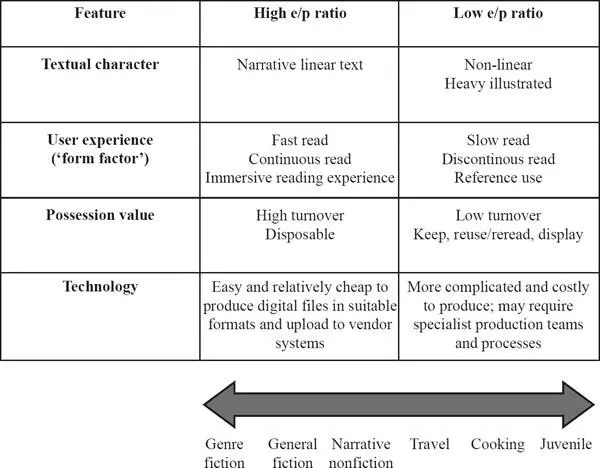
Figure 1.10The ebook uptake model
In the case of general fiction, the switch to digital was not quite so rapid and dramatic as it was with genre fiction, but it wasn’t far behind, and by 2014 the ebook percentage for general fiction at Olympic was very similar to that for sci-fi and fantasy and mystery, although still well below romance. The kinds of books that are included in the category of general fiction share many of the properties of genre fiction. As narrative linear text that is read continuously in an immersive reading experience, these books are easy to read on e-reading devices like the Kindle – the form factor is good. The digital files are also easy and cheap to produce. The one thing that might differentiate some forms of general fiction, like literary fiction, from genre fiction is their possession value. For some readers, literary fiction, and certain books and authors, may have more possession value than genre fiction has – that is, they may be more inclined to want to own these books, and to own books by these authors, and to keep them on their shelves, partly as a way of signalling who they are and of displaying their cultural tastes. They may also be more inclined to give these books as gifts, which is another way of showing their possession value, since a gift is an object that you think someone else might wish to possess, and a physical book functions as a gift in a way that an ebook does not – ebooks make terrible gifts. These factors help to explain why general fiction, which includes literary fiction, is a category where the shift to ebooks has been a little slower than it has been for genre fiction and where the percentage reached in 2015 – 38.7 per cent – was still well below romance.
Читать дальше
